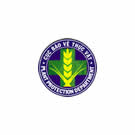- Folder Chemical field
- Views 2805
- Last Updated 22/04/2022

1. Principle
Karl Fischer titration is an analytical method used commonly to quantify water content in a variety of products. Its principle is based on Bunsen reaction between Iod and Sulfur dioxide in an environment having water.
ROH + SO2 + R’N ⯑ [R’NH]SO3R + H2O + I2 + 2R’N ⯑ 2[R’NH]I + [R’NH]SO4R
[alcol] [base] [alkylsulfit salt] [water] [iodin] [hydroiodic acid salt] [alkylsulfat salt]
An alcol reacts to sulfur dioxide and base to form alkylsulfit salts. Afterward, the salts are oxidized with iodine to form alkylsulfate. This oxidation reaction needs water to perform.
Alcols in the reaction used to be methanol or 2-(2-thoxyethoxy) ethanol (DEGEE) or another suitable alcol.
Water and iodine react with a ratio 1:1. When the sample is out of water, the excession of iodine can be detect by electrode of titrator. This is the end point of titration process.
Water content in samples is calculated from iodine content in KF standard reagent and the amount of KF reagent consumed in titration process.
There are two types of KF titratrion
a) KF volumetric: suitable for samples with water content in the range from 100 ppm to 100%
b) KF Coulometric: suitable for samples with water content in the range from 1ppm to 5%
2. Application of Kark Fischer titration in Department of Nutrition and Food Additives
In the department of nutrition and food additives, 01 KF Coulometric Titrator Compact C30SD (Mettler Toledo) is used for determine water content in food matrix samples, and food additives.
The analytical method was recognised ISO 17025 and used for participating global proficiency test with Z-score under 2.





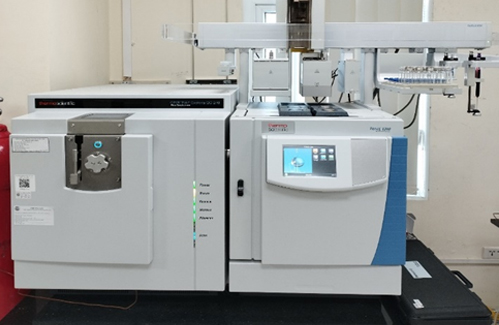
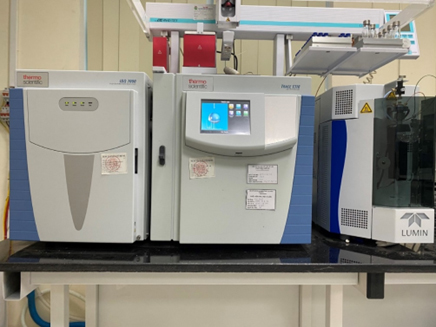
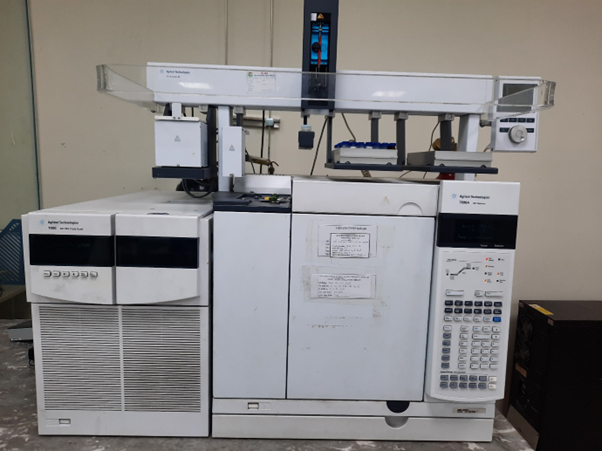
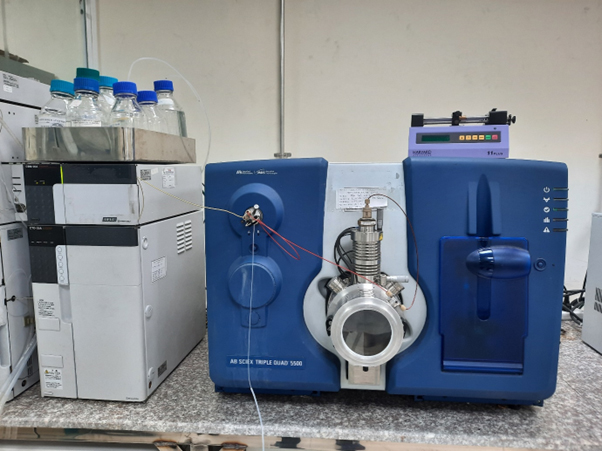
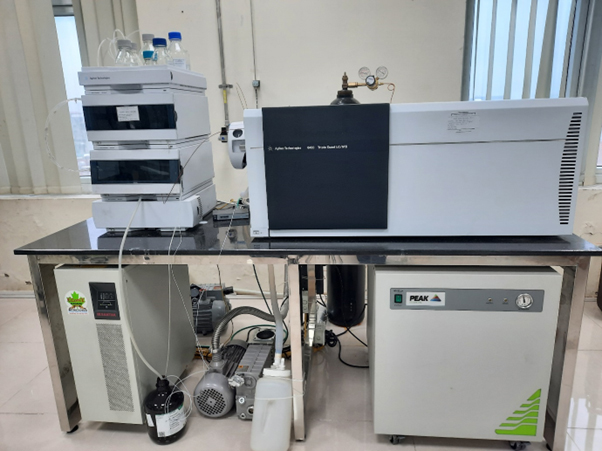
-cua-hang-Waters.jpg)








